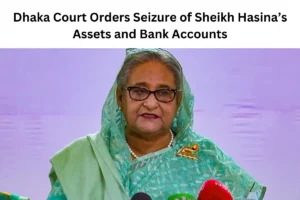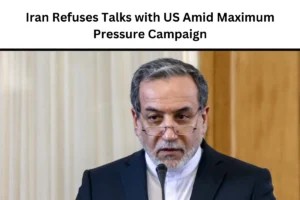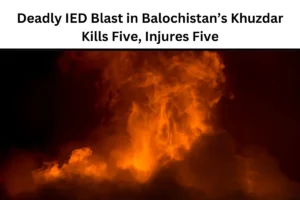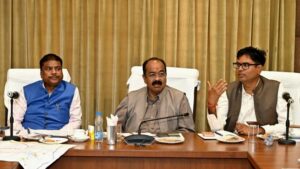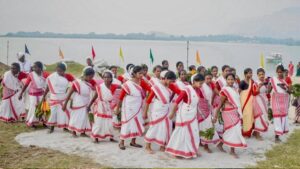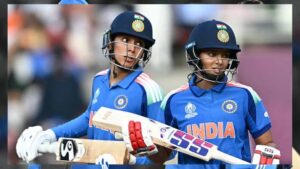
Malala Yousafzai Back in Pakistan for Education Summit
Nobel Peace Prize winner Malala Yousafzai said she felt “overwhelmed” to return to Pakistan on Saturday. She arrived to attend a global summit focused on girls’ education in Muslim-majority countries.
Malala was attacked by Pakistan Taliban militants in 2012 while riding a school bus. Since then, she has only returned to her homeland a few times.
“I’m truly honoured, overwhelmed, and happy to be back in Pakistan,” she told AFP after arriving at the conference in Islamabad with her parents.
The two-day summit brings together leaders from Muslim countries to address the education gap for girls. Millions of girls in these nations remain out of school.
Prime Minister Shehbaz Sharif was set to address the summit on Saturday. Local schoolgirls and university students attended the event.
Zahra Tariq, a clinical psychology student, welcomed the summit. She noted that many girls in rural areas face obstacles in accessing education. “Their families are often the biggest barrier,” she said.
Malala to Focus on Afghan Girls’ Rights
Malala is scheduled to speak on Sunday. She plans to focus on Afghanistan, where girls are banned from attending school or university.
“I will speak about protecting the right of all girls to go to school and why leaders must hold the Taliban accountable for their crimes against Afghan women and girls,” Malala posted on social media platform X.
Pakistan’s education minister, Khalid Maqbool Siddiqui, confirmed that the Afghan Taliban government was invited to the summit. However, Islamabad has not received any response from them.
Since regaining power in 2021, the Afghan Taliban has enforced strict laws, including a ban on female education. The United Nations has labeled their policies as “gender apartheid.”
Pakistan’s Education Crisis
Pakistan faces its own education crisis. More than 26 million children are out of school, one of the highest numbers globally. Poverty remains the main reason for this alarming figure, according to government data.
Malala became a global symbol for girls’ education after surviving a brutal attack by the Pakistan Taliban in 2012. The militants shot her in the head for advocating girls’ right to education in the Swat Valley.
At the time, the region was a hotbed of militancy. The conflict between the Afghan Taliban and NATO forces had spilled into Pakistan.
The Pakistan and Afghan Taliban are separate groups but share close ties and ideologies. Both oppose educating girls, making them dangerous to those fighting for women’s rights.
Malala’s Global Advocacy
After surviving the attack, Malala was taken to the UK for medical treatment. She later became a global advocate for girls’ education.
In 2014, at the age of 17, Malala became the youngest recipient of the Nobel Peace Prize. She continues to campaign for education rights, especially in regions where girls face severe restrictions.
Her return to Pakistan for the summit highlights her ongoing commitment to improving girls’ education worldwide.
(This story is published from a syndicated feed and has not been edited by ANN Media, except for the headline.)
for more updates follow ANN MEDIA on facebook , X , Instagram and Linkedin

